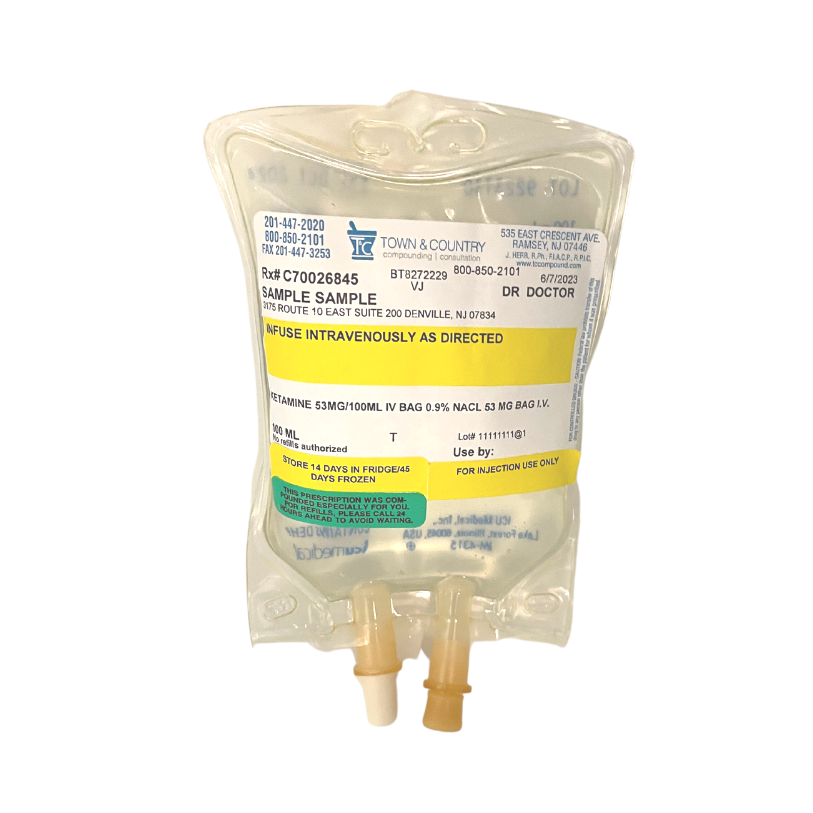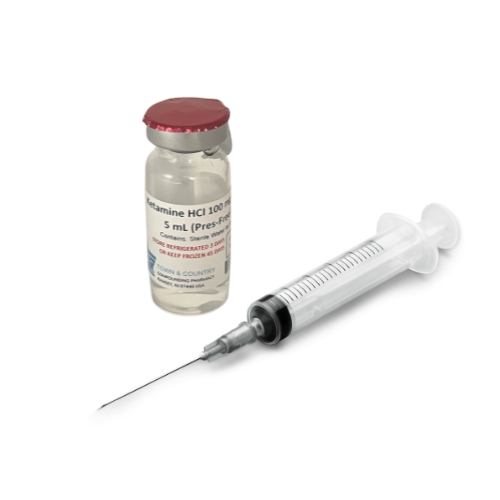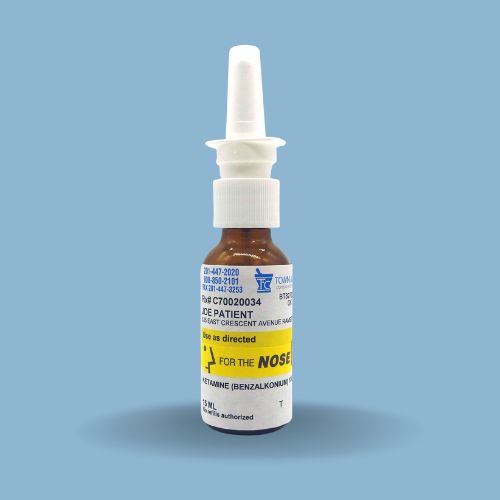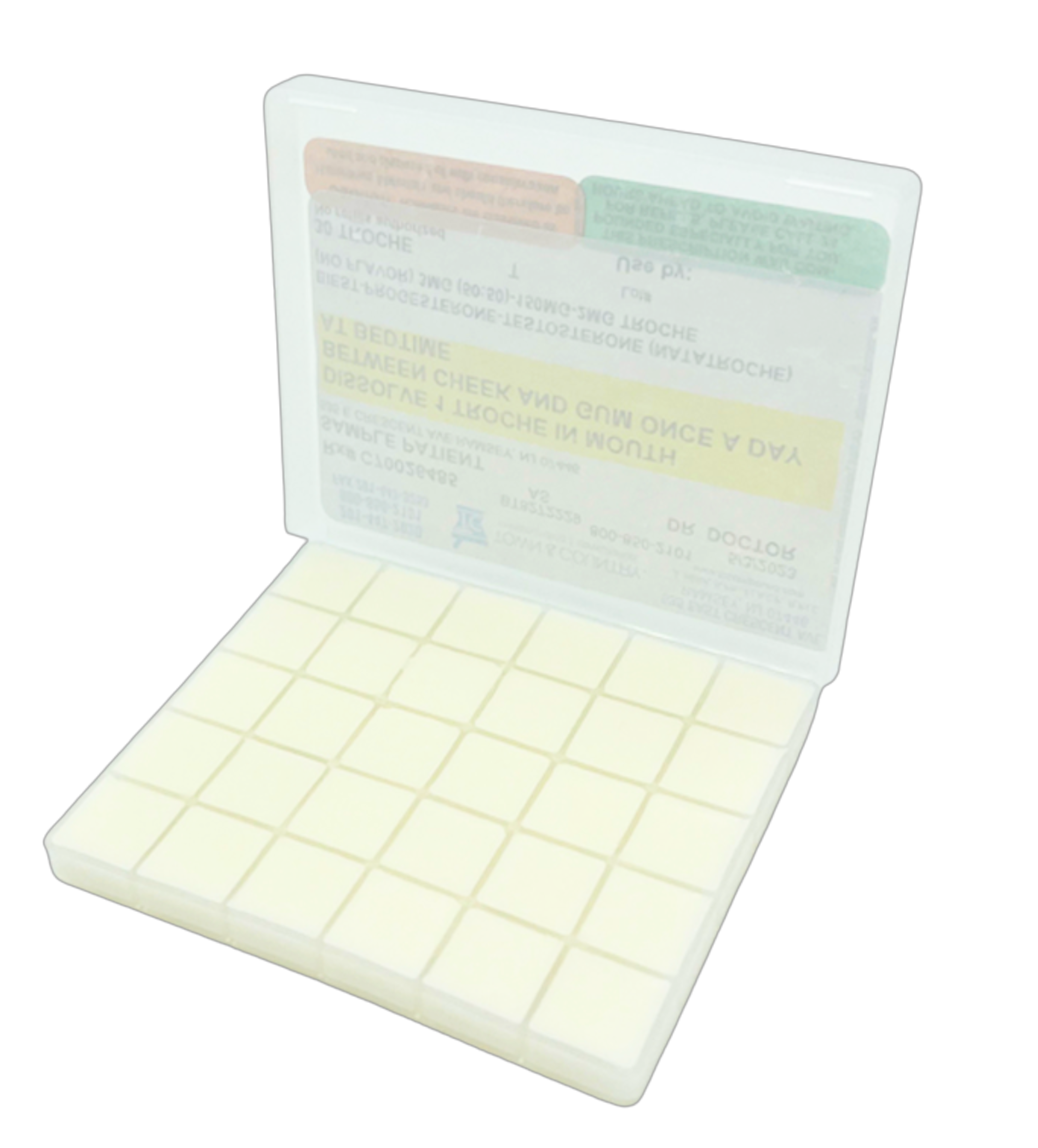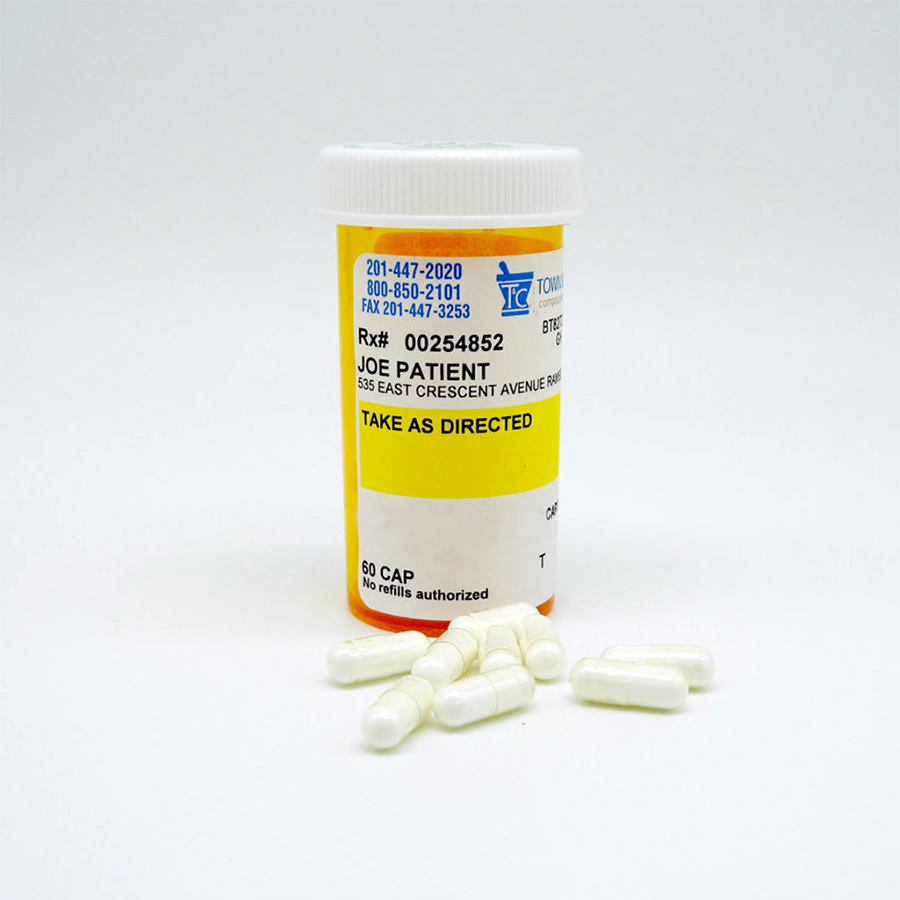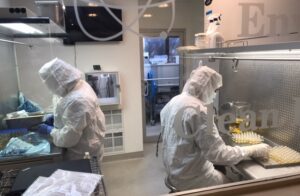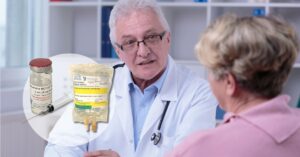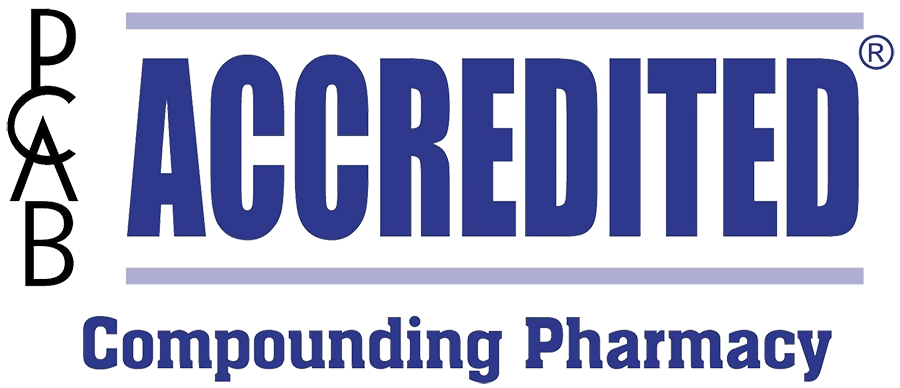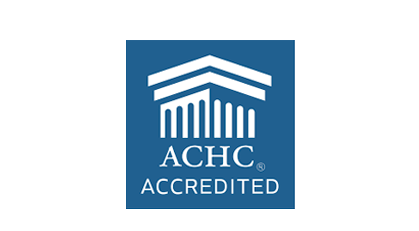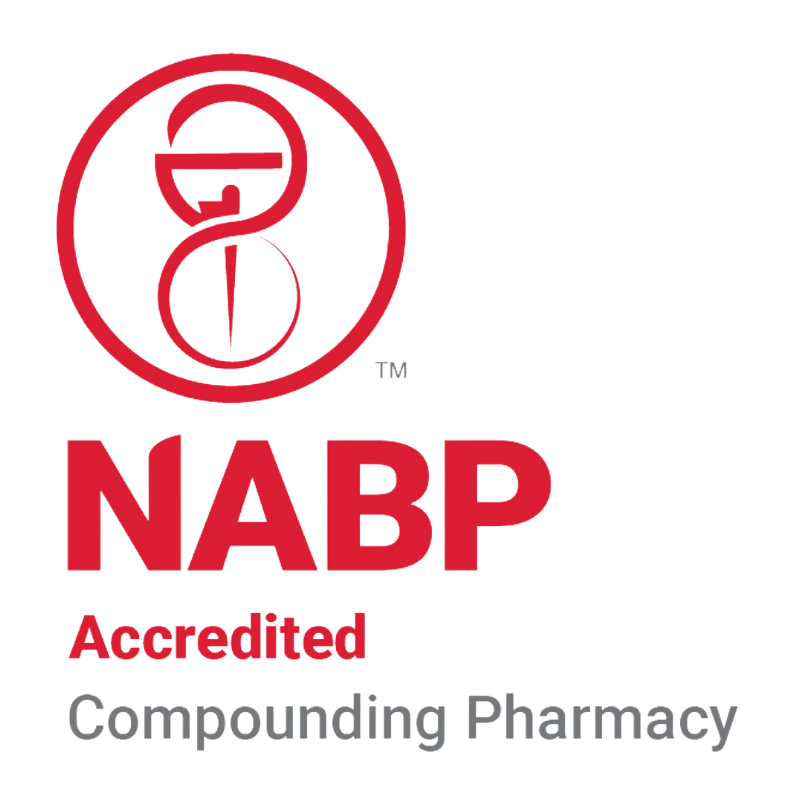
Town & Country Compounding offers various types of
Customized and Compounded Ketamine Rxs for patients’ unique needs
Don’t Allow the Ketamine Shortage to Impact Patient Care
Ketamine, a dissociative anesthetic, has shown potential in research and clinical trials in various mental health conditions, including post-traumatic stress disorder (PTSD). Ketamine has shown promise in providing rapid relief from symptoms of PTSD, including intrusive thoughts, flashbacks, and avoidance behaviors, often within hours or days of administration.
The possible advantages of using ketamine in PTSD include its rapid onset of action and its potential to facilitate emotional processing and reduce symptoms. Studies suggest that ketamine may help in reducing suicidal ideation, a critical concern for individuals with PTSD who may experience intense emotional distress and suicidal thoughts.
Ketamine primarily works by modulating the neurotransmitter glutamate, specifically targeting the NMDA receptors in the brain. Ketamine’s influence on glutamate receptors may promote neural connections and pathways in the brain, allowing for a “reset” or restructuring of neural networks associated with traumatic memories and emotional responses.
Various forms of compounded ketamine for PTSD
In a clinical setting, compounded ketamine may be administered via an intravenous infusion, intramuscular injection, subcutaneous injection, nasal spray, or lozenges (troches). The dosage and frequency of administration are carefully monitored by healthcare professionals. Ketamine in PTSD should only be used under the supervision of qualified medical professionals within a controlled and monitored clinical environment.
Intravenous (IV) ketamine
Intravenous ketamine infusion is the most common and well-established form used in various mental health conditions, including PTSD. The compounded ketamine is administered directly into the bloodstream through a vein, allowing for precise control of dosage and rapid onset of effects.
Intramuscular (IM) ketamine
Intramuscular ketamine involves injecting ketamine into the muscle, typically in the thigh or buttock. This method allows for a controlled and efficient absorption of ketamine into the bloodstream.
Subcutaneous (SC) ketamine
Ketamine can be administered subcutaneously, which involves injecting the medication under the skin. Subcutaneous administration allows for the absorption of ketamine directly into the bloodstream through the subcutaneous tissue, yet with a slower absorption rate compared to IV administration, potentially leading to a more sustained duration of effects.
SC injections are generally easier to administer compared to IV injections and may be preferred when IV access is challenging or not feasible.
Use in home or outpatient settings: Subcutaneous administration can be suitable for situations where at-home or outpatient application is necessary, under proper medical supervision.
Ketamine nasal spray
Ketamine can also be administered as a nasal spray, which offers a more accessible and convenient form of administration compared to injections.
Ketamine lozenges/troches (sublingual ketamine/buccal ketamine)
Compounded ketamine lozenges or troches are sublingual medications, which means they are dissolved under the tongue and absorbed into the bloodstream through the mucous membranes.
Sublingual administration allows for relatively rapid absorption of ketamine directly into the bloodstream, bypassing the digestive system. The onset of effects may occur within 15–30 minutes, making this a relatively fast-acting form of ketamine which can be particularly beneficial in managing acute distress.
Sublingual ketamine is usually well-tolerated and easy to administer, making it a convenient option for both patients and healthcare providers.
Taste: Ketamine is an extremely bitter drug. The higher the dose per troche, the worse it tastes. Ask our pharmacists for prescribing suggestions with taste in mind.
Oral ketamine capsules or liquid
Oral ketamine is another form that has been studied and used in research settings, but it is less commonly used in patients with PTSD. Oral solutions may be helpful when trying to titrate a dose.
Ketamine-Assisted Psychotherapy (KAP)
Ketamine administration for PTSD is often coupled with psychotherapy in a model known as Ketamine-Assisted Psychotherapy (KAP). In this approach, ketamine is given in a controlled setting, followed by therapy sessions to maximize the potential therapeutic effects.
KAP is administered by trained mental health professionals who are experienced in both ketamine administration and psychotherapy. Safety measures and careful monitoring are integral to ensure the well-being of the individual throughout the process.
As with any form of ketamine administration, close monitoring of the individual is essential and should only be under the guidance of a qualified healthcare provider.


